Cinebench R15
We used the ‘CPU’ test built into Cinebench R15 to measure the effect that system memory has on computational performance.
Handbrake Conversion
We measured the average frame rate achieved for a task of converting a 1.23GB 1080P game recording using the High Profile setting and MP4 container.
7-Zip
We manually archive a 1.23GB MP4 game recording to test the performance in 7-Zip.
Grand Theft Auto V
We apply very near maximum settings in Grand Theft Auto V and a 1920×1080 resolution to push today’s hardware. Our data was recorded using the built-in benchmark.
Productivity performance from G.Skill's 3400MHz CL16 memory kit is good. Cinebench penalises the small CPU speed penalty that our test system delivers to G.Skill's kit due to the challenge of applying a 3400MHz XMP frequency. However, Handbrake and 7-Zip both see the Trident Z memory taking a first-place finish, albeit by small margins.
GTA V performance from the G.Skill kit is strong. Here, the boost to a ~102MHz BCLK applied by the kit's XMP settings for our Asus board helps to increase the minimum frame rate, although the general volatility of GTA V's benchmark also factors into the recorded difference. With that said, the increase in minimum frame rates is a tangible one when compared to comparison kits which use a 100MHz BCLK.
GTA V shows a liking for a balance between speed and latency when it comes to the memory subsystem.
 KitGuru KitGuru.net – Tech News | Hardware News | Hardware Reviews | IOS | Mobile | Gaming | Graphics Cards
KitGuru KitGuru.net – Tech News | Hardware News | Hardware Reviews | IOS | Mobile | Gaming | Graphics Cards


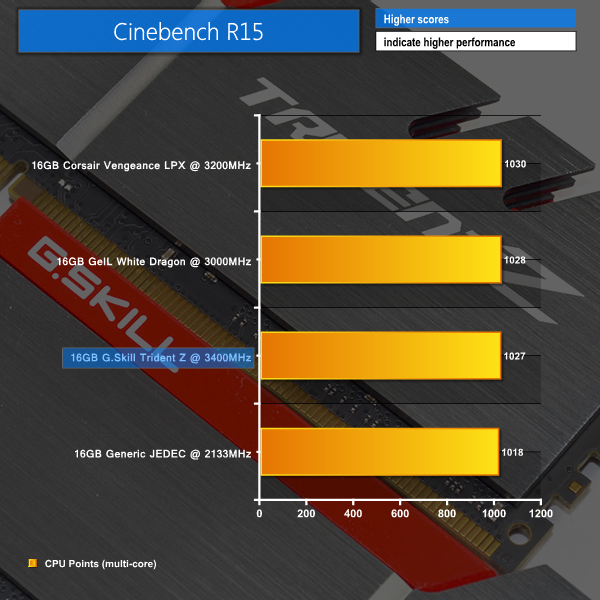
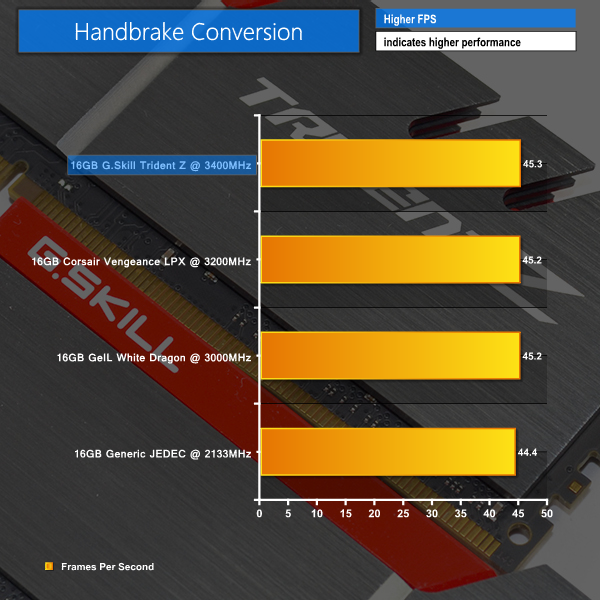
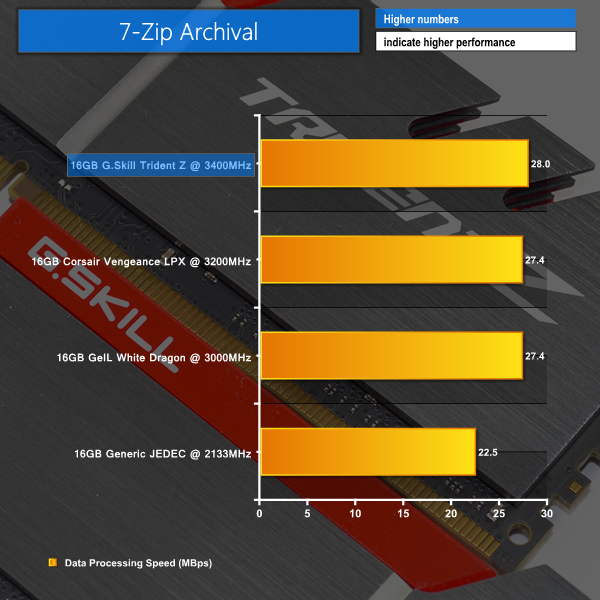




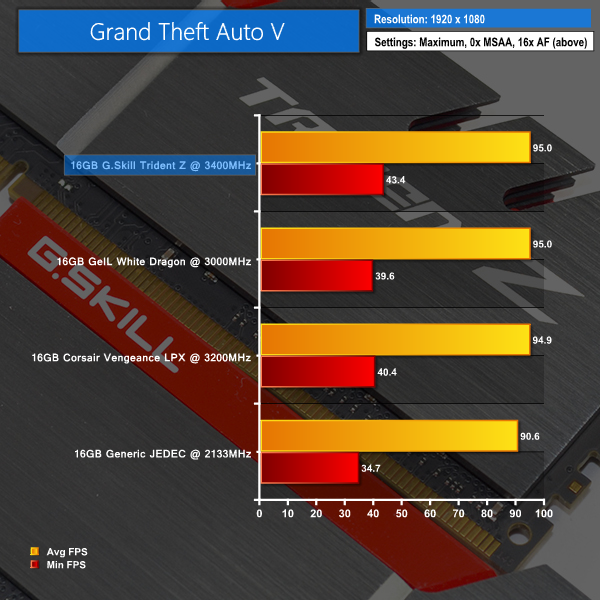
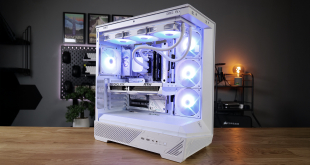
Had to use timings 17-18-18-36 to get 3600MHz stable…
Do not buy .. any of these.. it’s for INTEL.
For amd … coming out – https://www.guru3d.com/news-story/g-skill-launchs-flare-x-series-and-ryzen-optimized-fortis-series-ddr4.html
FLARE X .. etc.